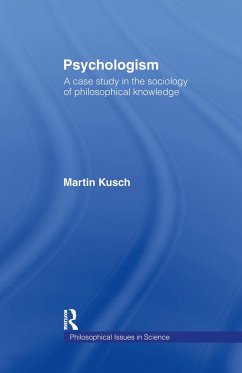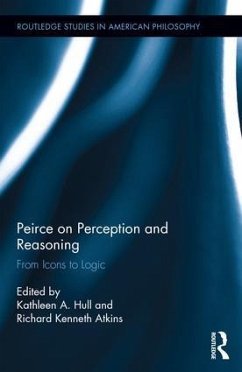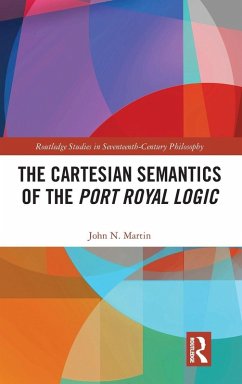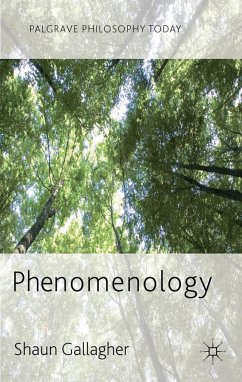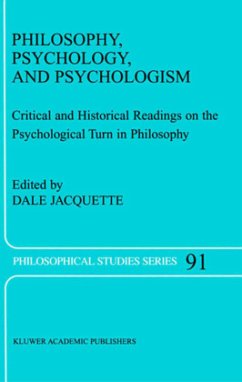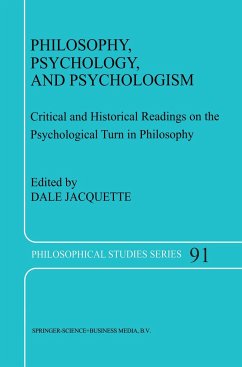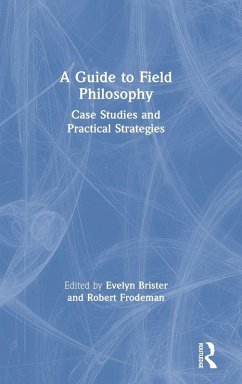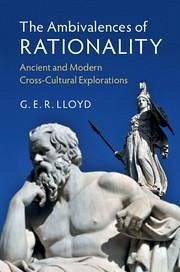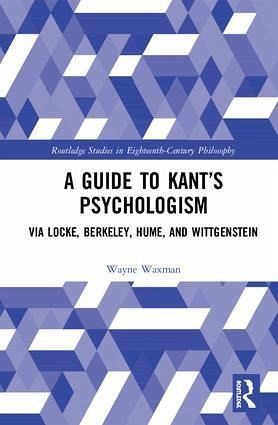
A Guide to Kant's Psychologism
via Locke, Berkeley, Hume, and Wittgenstein
Versandkostenfrei!
Versandfertig in 1-2 Wochen
168,99 €
inkl. MwSt.
Weitere Ausgaben:

PAYBACK Punkte
84 °P sammeln!
This book presents an interpretation of Kant's Critique of Pure Reason as a priori psychologism. It groups Kant's philosophy together with those of the British empiricists-Locke, Berkeley, and Hume-in a single line of psychologistic succession and offers a clear explanation of how Kant's psychologism differs from psychology and idealism. The book reconciles Kant's philosophy with subsequent developments in science and mathematics, including post-Fregean mathematical logic, non-Euclidean geometry, and both relativity and quantum theory. It also relates Kant's psychologism to Wittgenstein's late...
This book presents an interpretation of Kant's Critique of Pure Reason as a priori psychologism. It groups Kant's philosophy together with those of the British empiricists-Locke, Berkeley, and Hume-in a single line of psychologistic succession and offers a clear explanation of how Kant's psychologism differs from psychology and idealism. The book reconciles Kant's philosophy with subsequent developments in science and mathematics, including post-Fregean mathematical logic, non-Euclidean geometry, and both relativity and quantum theory. It also relates Kant's psychologism to Wittgenstein's later conception of language. Finally, the author reveals the ways in which Kant's philosophy dovetails with contemporary scientific theorizing about the natural phenomenon of consciousness and its place in nature. This book will be of interest to Kant scholars and historians of philosophy working on the British empiricists.




